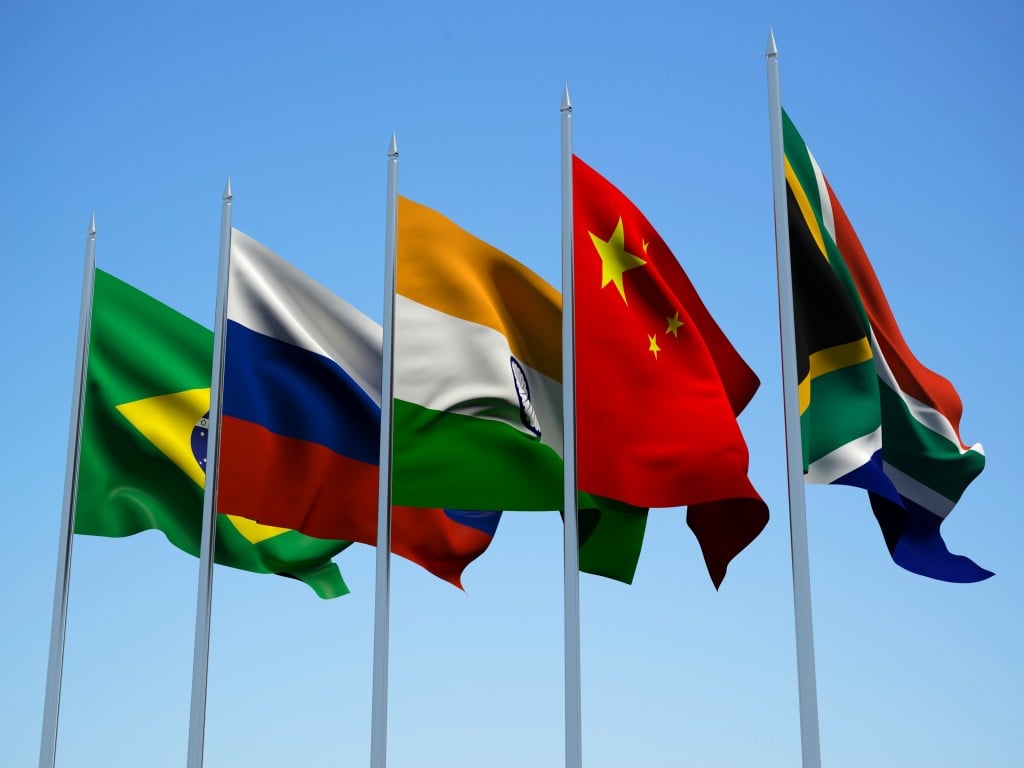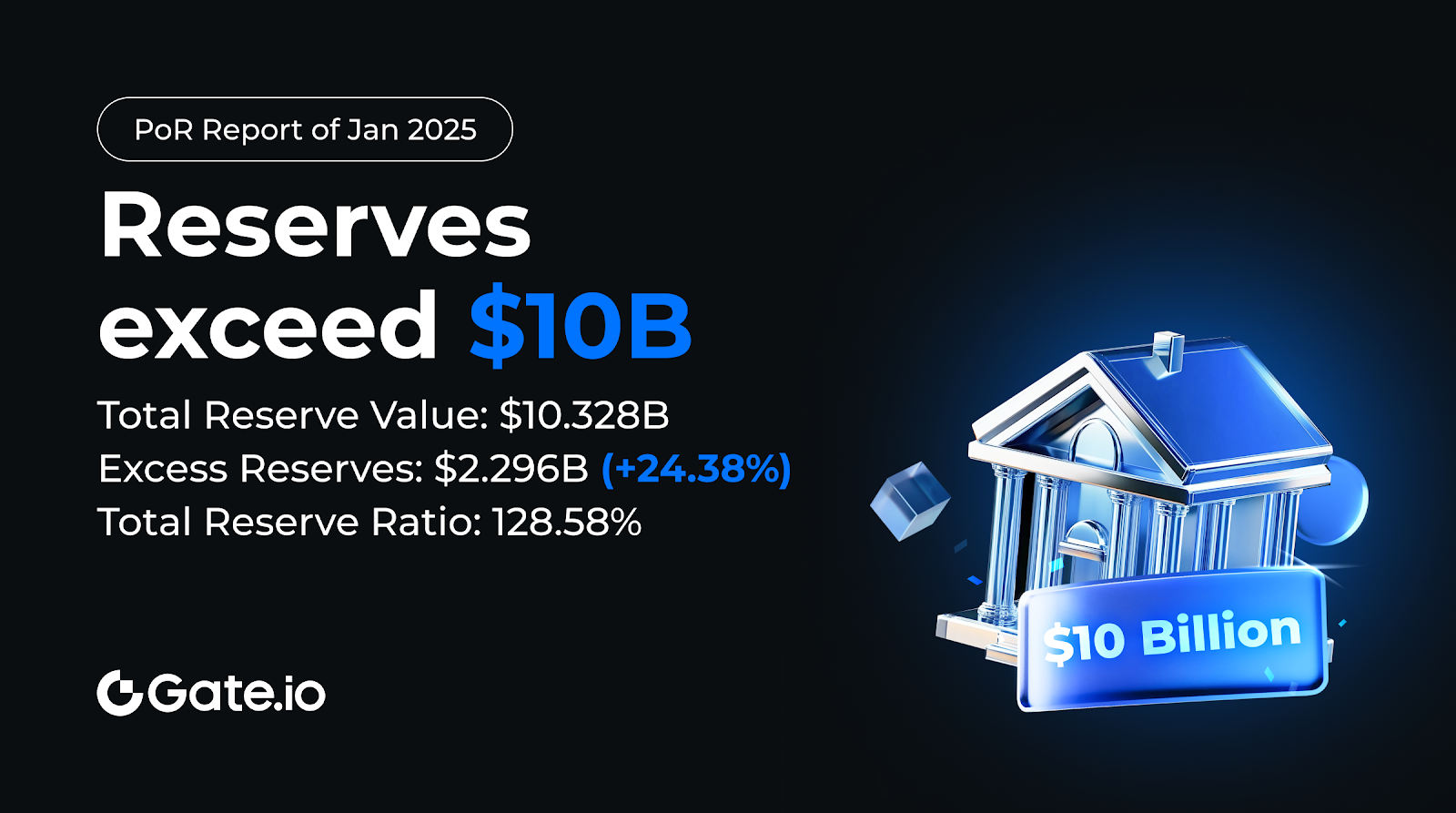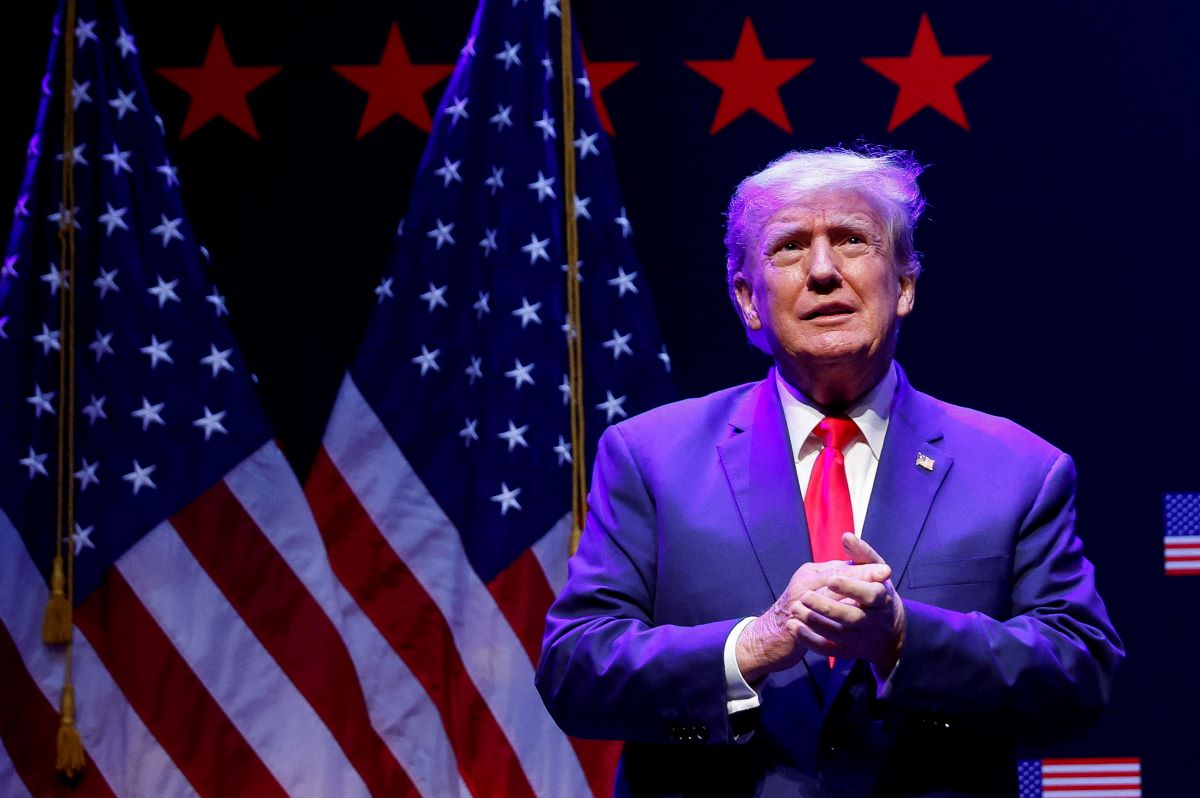BRICS Nations Reveal Payment System: Will Crypto Play a Role in Replacing the Dollar?
- BRICS has announced the development of a blockchain-based payment system to reduce reliance on the US dollar.
- Russian President Vladimir Putin highlighted the system’s potential to facilitate independent trade between BRICS nations.
The BRICS alliance has officially announced the development of its blockchain-based payment system, positioning it as a pivotal tool for reducing reliance on the US dollar. This announcement, highlighted by Russian President Vladimir Putin, offers new details about the project’s progress and potential impact on global trade.
Putin Discusses Payment System Development
In his recent speech at the Russian Energy Week forum in Moscow, Putin identified global trade as an area of concern for the BRICS countries. Sanctions applied to Russia and the ban on its participation in SWIFT have made Russia’s banking system more challenging. However, the creation of a BRICS payment system is designed to overcome these challenges. Putin noted that the system will enable BRICS countries to conduct foreign trade transactions without the help of the Western financial systems.
This project is considered a significant effort to enhance the role of national currencies in the alliance and, thus, decrease the dollarization of the global economy. Putin also pointed out that the BRICS partners are ‘very much interested’ in the transition to national currencies, pointing to the larger group’s ongoing process of building economic and financial independence.
The next BRICS annual summit, scheduled for 2024, will focus on de-dollarized approaches. This new payment system puts BRICS countries in a position to promote a world economy with multiple poles where trade can be done in local currencies.
Rumors suggest that the payment system could go live as early as the summit, signaling a shift in how global trade transactions are managed among BRICS nations. BRICS Pay, designed to operate on a blockchain network, is viewed as a critical project in the alliance’s strategy to challenge the dominance of the US dollar in global trade. Reports suggest that 47 nations are currently in discussions about adopting the platform once it launches.
Brazilian President advocates for stronger BRICS financial position
The BRICS countries—Brazil, Russia, India, China, and South Africa—along with other new members such as Iran, Egypt, Ethiopia, and the United Arab Emirates, are striving to decrease reliance on conventional payment methods. The new system is expected to play an important role in shielding the bloc from exogenous financial pressures.
The establishment of the payment system is a response to the BRICS countries’ desire to strengthen their position in the global financial system and reduce the role of the dollar and euro. Brazilian President Lula da Silva is a very active advocate of this strategy, which can be viewed as part of the general efforts to increase the financial stability of BRICS. It also supports Russia’s strategy of raising the volume of trans-border transactions and promoting the use of national currencies in the union.
Russian Foreign Minister Sergey Lavrov also pointed out that a detailed report on other possible payment methods will be discussed at the next BRICS summit in Kazan. The report will set out possibilities for further development of financial cooperation and consider possible ways of assisting independent interbank networks.




Publicar comentário